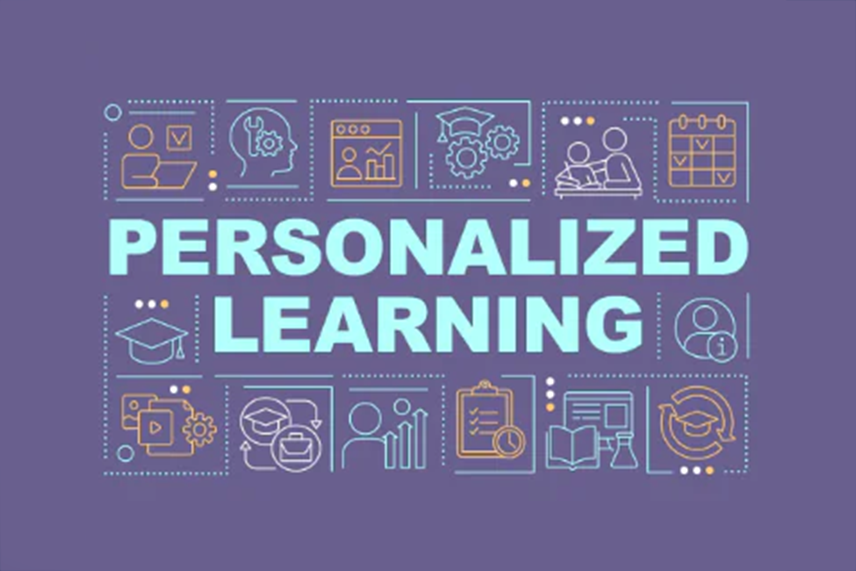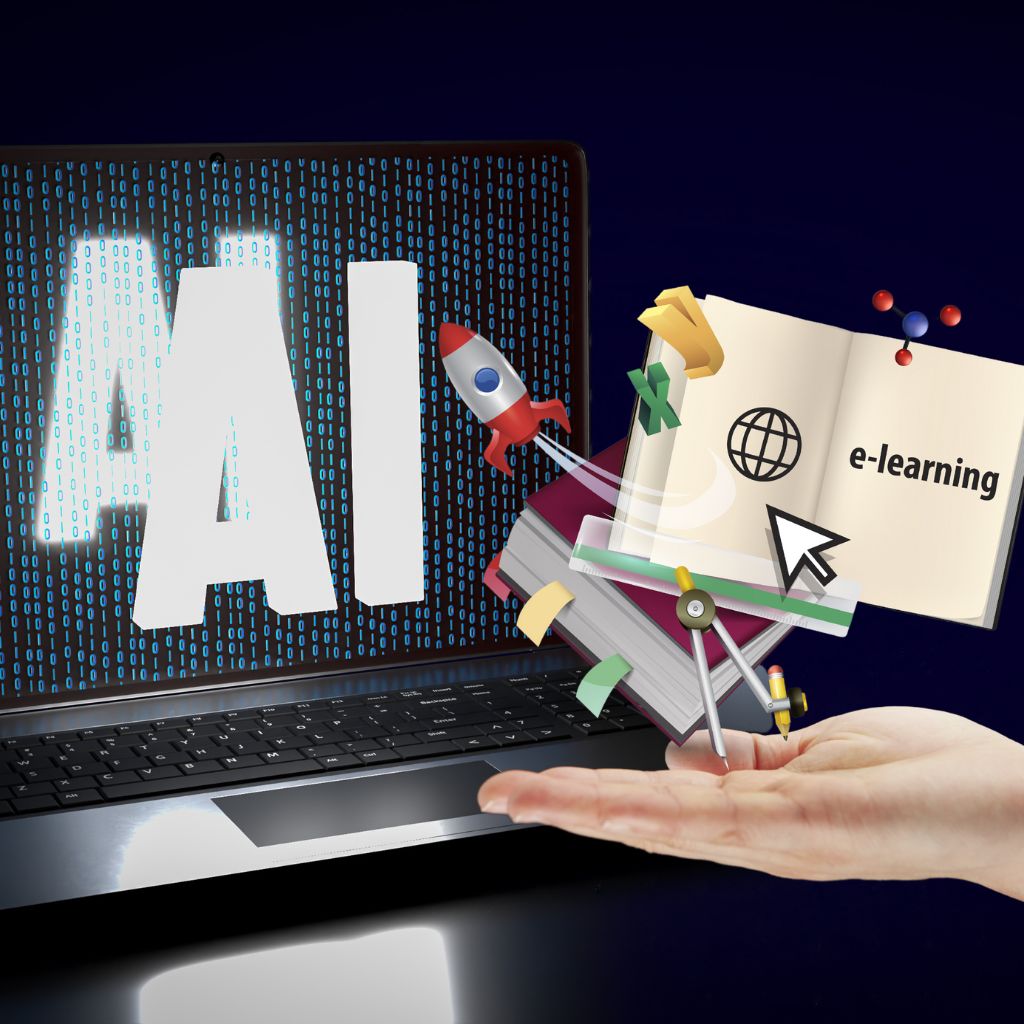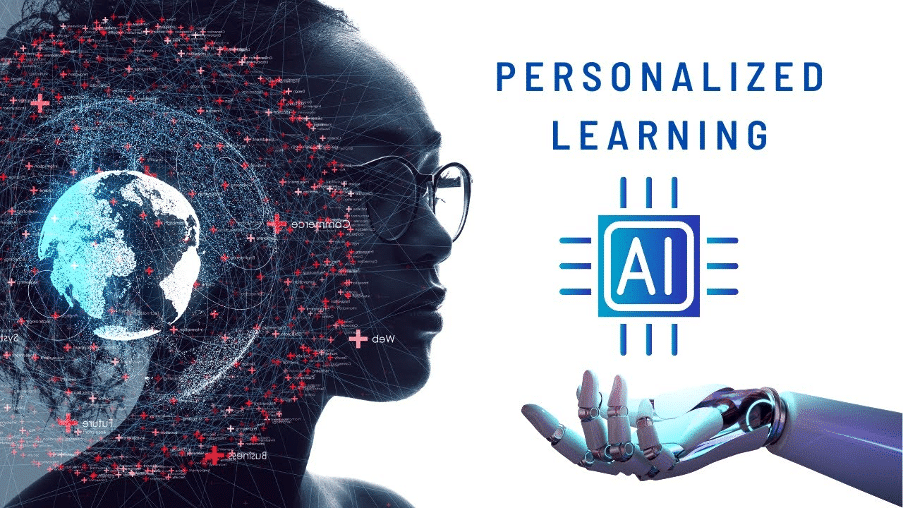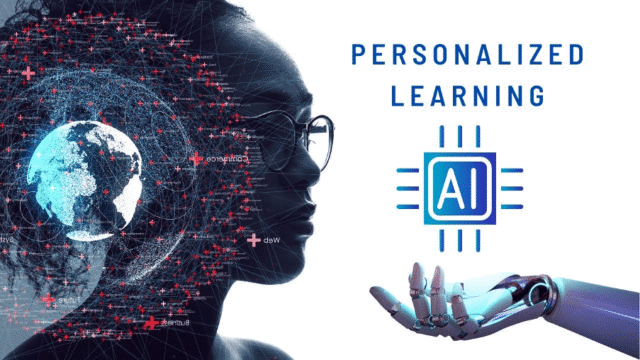In Nigeria today, as technology evolves faster than ever, one innovation quietly transformative is the advent of AI Tutors in our classrooms and homes. These digital companions—powered by artificial intelligence—are redefining how our children learn, offering tailored instruction, constant support, and personalised study paths like never before.
Table of Contents

What Are AI Tutors?
AI Tutors are not flesh‑and‑blood teachers but software programmes powered by machine learning, natural language processing, and learning analytics. They act like ever‑patient mentors who assess each student’s strengths and weaknesses, adapt content to individual pace, and supply feedback in real time. Platforms like Khan Academy’s Khanmigo, Squirrel AI, and newer tools like ChatGPT’s Study Mode exemplify this shift.
In essence, AI Tutors transform traditional education: moving away from one‑size‑fits‑all lessons to learning experiences that meet each student where they are.
Why the Role of AI Tutors in Personalised Learning for Students Matters in Nigeria
1. Tailored Learning at Your Fingertips
Imagine a classroom in Lagos, where one student excels in mathematics but struggles in English comprehension. A human teacher might struggle to give both learners the individual attention they need. But an AI Tutor can instantly analyse performance data, identify weak areas, and customise lessons. It might give more reading exercises to one student, while advancing algebra for another.
This level of personalisation ensures that every learner progresses at a pace suited to them, boosting confidence, reducing frustration, and enhancing long‑term retention.
2. Learning That Doesn’t Sleep
Unlike busy human teachers, AI Tutors are available 24/7. Students can revise JAMB past questions at midnight, revisit difficult topics over the weekend, or ask questions early morning before school—wherever and whenever they choose.
This round‑the‑clock access is especially crucial in Nigeria, where inconsistent school hours and limited tutor access can hamper students. AI Tutors step in with constant support.

3. Instant Feedback and Progress Tracking
One of the most powerful benefits of AI Tutors is real‑time feedback. A wrong answer in a practice test can trigger an immediate explanation or hint, helping the student internalise the lesson and move forward without delay.
Moreover, these systems track progress continuously—teachers and parents can see dashboards highlighting learning gaps and successes in real time.
4. Scaling Quality Learning for All
Nigeria has many bright minds, but not enough teachers to meet demand, particularly in rural areas. AI Tutors can scale high‑quality instruction to hundreds or thousands of students at negligible marginal cost, making education more equitable.
Platforms like Afrilearn, a homegrown Nigerian edtech, already provide personalised dashboards, animated lessons, and exam prep for WAEC and JAMB, blurring the line between teachers and AI‑powered learning aids.
5. Supporting Inclusive & Accessible Learning
AI Tutors are also inclusive. They offer text‑to‑speech for visually impaired learners, simplified explanations for neuro‑diverse students, and perhaps local language support for those learning in English as a second language.
This inclusivity ensures that students from various backgrounds and abilities are not left behind—a vital advantage for a multilingual, diverse country like ours.
How Global Innovations Signal the Future for Nigeria
Recent developments show how seriously the world is taking AI Tutors:
- OpenAI’s Study Mode in ChatGPT now frames the AI not as an answer machine but as a thoughtful learning companion that uses Socratic questioning and tailored feedback to prompt deeper understanding.
- Google’s Gemini Guided Learning does similar work with interactive quizzes, videos, and step-by-step explanations—designed to help students understand rather than just memorise.
- Educational systems like Khanmigo by Khan Academy are already engaging millions worldwide—combined with Microsoft, it’s improving personalised tutoring for teachers and students alike.
These global moves underscore the growing recognition of AI Tutors as essential infrastructure. For Nigeria, embracing such tools could mean leapfrogging traditional challenges and joining the forefront of modern education.
Navigating the Challenges
While promising, the journey to fully leverage the role of AI Tutors in personalised learning for students isn’t without hurdles.
- Data Privacy & Ethics: Collecting student data raises concerns. Institutions must ensure strong safeguards to protect privacy and prevent misuse of sensitive information.
- Infrastructure Limitations: Many Nigerian schools lack consistent electricity or internet access, required for AI systems to function effectively.
- Dependence and Human Touch: Overreliance on AI can sideline the human empathy, encouragement, and mentorship that teachers provide, especially vital for socio‑emotional development.
- Quality and Bias: Not all AI systems are equally effective—bias in algorithms can disadvantage some learners unless transparently addressed.

Conclusion
The role of AI Tutors in personalised learning for students promises to transform Nigeria’s education landscape for richer engagement, better access, and tailored learning.
But for us to truly benefit:
- The government, educators, parents, and tech innovators must collaborate to provide infrastructure and training.
- Ethical standards and regulations must be established to protect learners.
- AI must complement, not replace, human teachers—preserving empathy, mentorship, and local context.
If embraced wisely, AI Tutors can help fulfil Nigeria’s African education dream—equipping each learner with the support they need, when they need it. Personalised learning will no longer be a dream, but a daily reality in homes and schools across the nation.
Join Our Social Media Channels:
WhatsApp: NaijaEyes
Facebook: NaijaEyes
Twitter: NaijaEyes
Instagram: NaijaEyes
TikTok: NaijaEyes








































